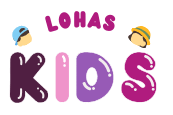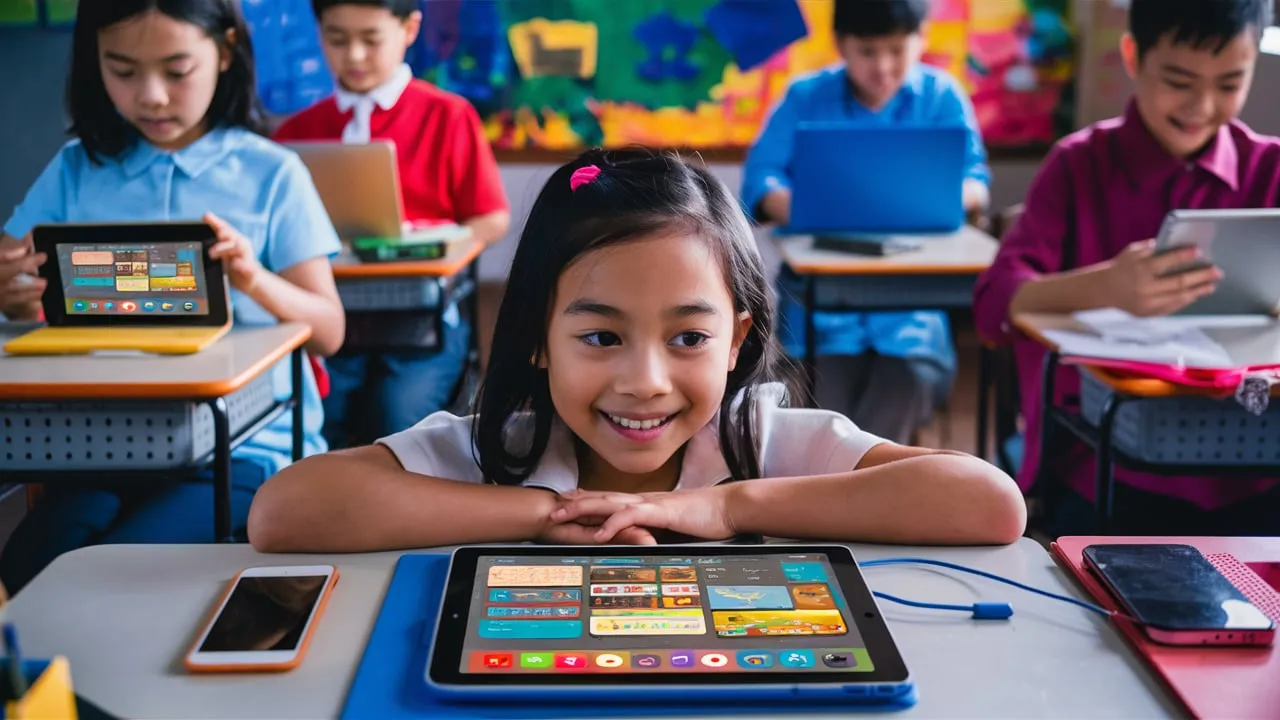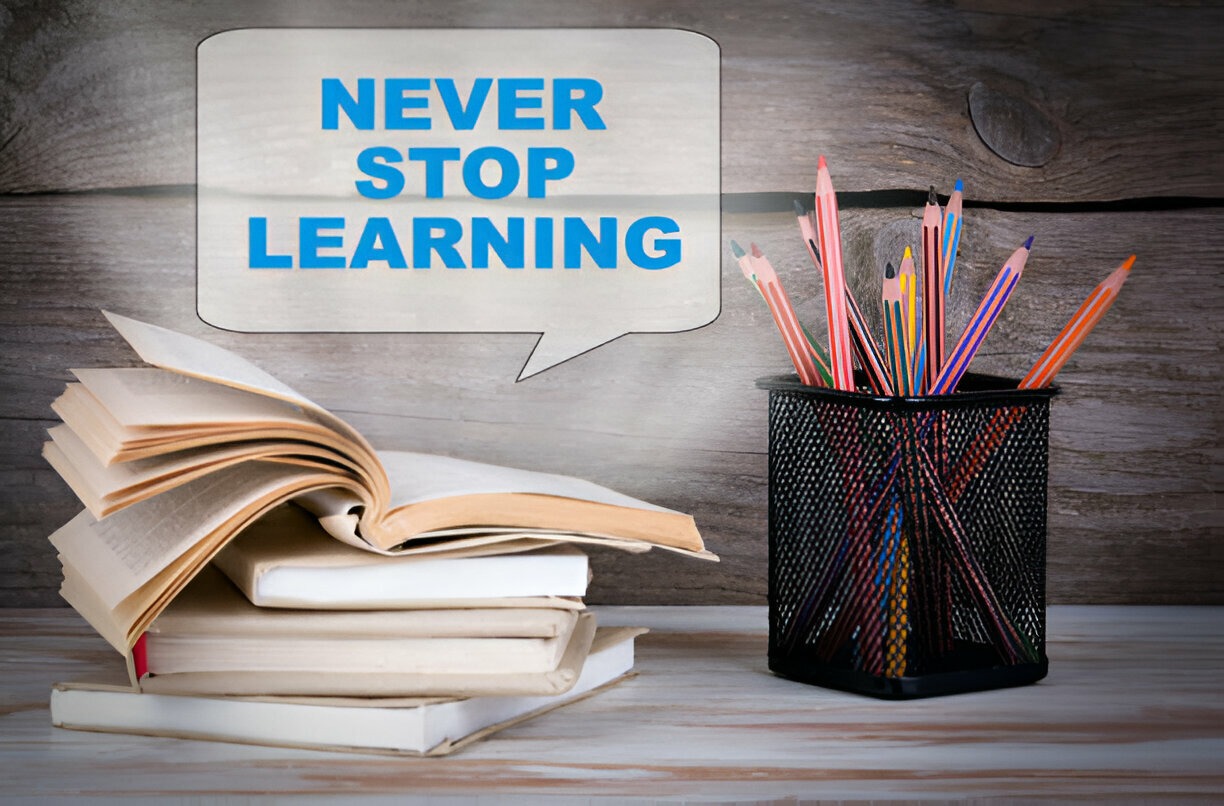True Education goes beyond memorizing facts. It focuses on shaping the future of each child by providing them with the necessary skills and values for success. This article will discuss simple ways to implement True Education to help children grow.
What is True Education?
True Education goes beyond traditional classroom learning. It focuses on the holistic development of a child, including intellectual, emotional, and social growth.
Intellectual Growth
True Education emphasizes critical thinking and problem-solving skills. It encourages curiosity and a love for learning, helping children understand and apply knowledge effectively.
Emotional Development
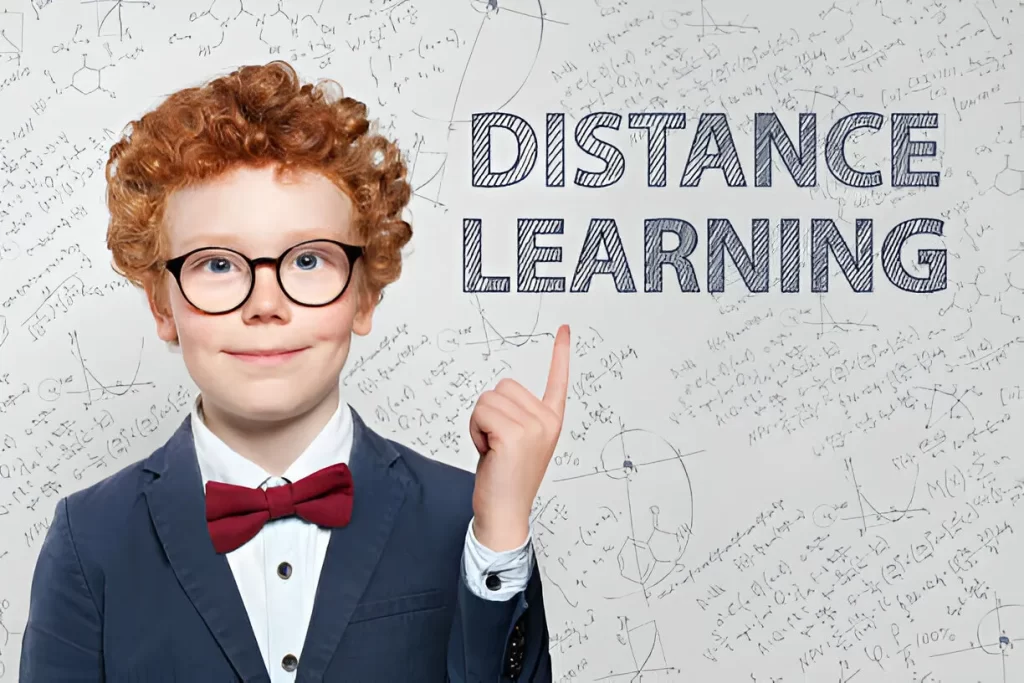
Emotional intelligence is a core aspect of Education. Children learn to manage their emotions, develop empathy, and build strong relationships, which are essential for personal and professional success.
Social Skills
Education fosters social skills through collaborative learning and community involvement. Children learn to communicate effectively, work in teams, and understand the importance of contributing to society.
Easy Methods to Implement True Education
Encouraging Curiosity
Encouraging curiosity is the first step in True Education. Encourage children to ask questions. Offer a variety of learning materials. Make sure they feel safe to explore and inquire.
Hands-On Learning
Hands-on learning makes education practical and engaging. Kids can learn more by doing science experiments, art projects, and going on field trips. It helps them study better.
Emotional Intelligence Programs
Add emotional intelligence programs to the curriculum. Include emotional intelligence programs in the curriculum. These programs will teach children empathy, self-awareness, and emotional regulation. This will help them better control their emotions and build stronger relationships.
Collaborative Learning
Collaborative learning encourages teamwork and communication. Group projects and peer-to-peer learning activities help children learn from each other and develop essential social skills.
Real-World Connections
Making learning relevant by connecting lessons to real-world situations. Making learning relevant means connecting lessons to real-world situations. This can be achieved by discussing current events, inviting local experts, and organizing visits to nearby businesses or organizations. This allows students to see education in action and understand how it applies to the world around them.
Discuss current events. Invite local experts to share their knowledge. Organize visits to nearby businesses or organizations to see education in real life.
Benefits of True Education
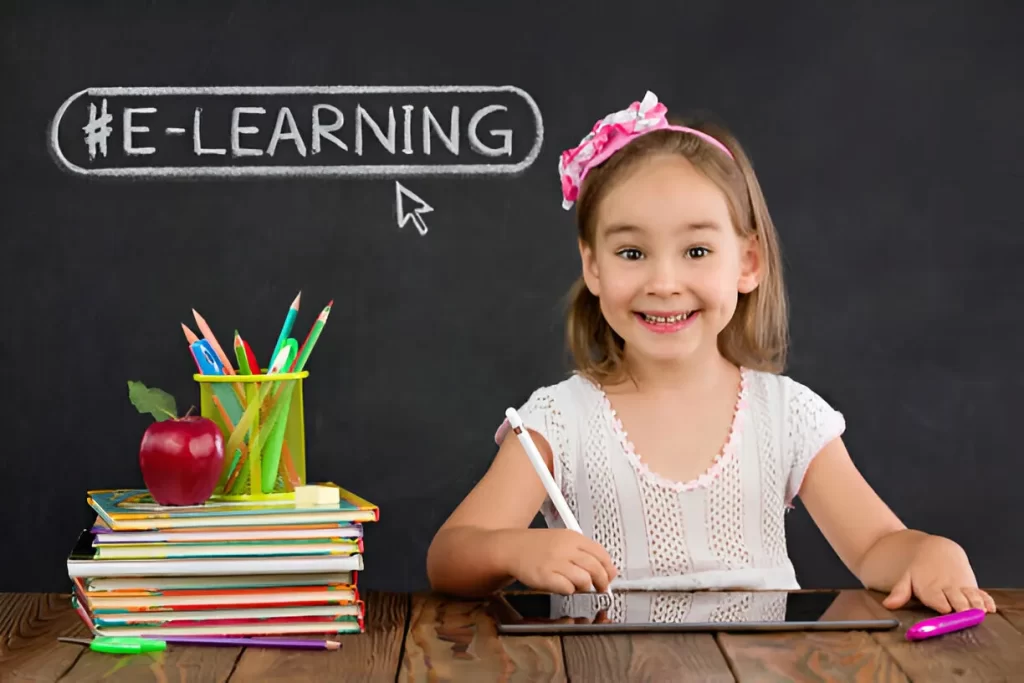
Lifelong Learning
Real education encourages a passion for learning that lasts a lifetime. Real education promotes a lifelong love of learning. Children who are curious and engaged in their studies will continue to seek knowledge as they mature. They will encounter new challenges and opportunities as they progress.
Better Emotional Health
Children with strong emotional intelligence are better equipped to handle stress and build healthy relationships. This leads to improved mental health and well-being.
Enhanced Social Skills
Strong social skills help children work well with others. This leads to better teamwork and collaboration. These skills benefit children in both their personal and professional lives.
Also Read: Differenate Between Expontial and Logistic Growth: A Clear Guide
Academic Success
True Education emphasizes critical thinking and problem-solving skills, improving academic performance. Children gain a deep understanding of subjects and can apply their knowledge effectively in exams and real-life scenarios.
How Parents Can Support True Education
Create a Learning Environment at Home
Parents can help kids learn at home by having books, games, and learning tools available. Talk about different topics to make kids curious and encourage them to explore and learn.
Encourage Extracurricular Activities
Extracurricular activities like sports, music, and arts play a crucial role in Education. They help children discover their passions, develop new skills, and build confidence.
Promote Open Communication
Parents need to talk openly with their kids. Listen to how they feel and what they think, and talk about their school experiences. This helps kids feel supported and builds trust in their education.
Be a Role Model
Parents should model the values of Education. Show curiosity, demonstrate empathy, and engage in lifelong learning. Children often mimic the behaviors and attitudes of their parents.
Challenges in Implementing True Education

Resistance to Change
Many traditional education systems resist change. Education requires a shift in mindset and practices, which can be difficult for educators and administrators to embrace.
Lack of Resources
Limited resources can hinder the implementation of Education. Schools need adequate funding, trained teachers, and access to diverse learning materials to create a holistic learning environment.
Measuring Success
Measuring the success of True Education is difficult because it emphasizes holistic development rather than standardized tests. Traditional education relies heavily on standardized tests to gauge success. Education, on the other hand, takes a more comprehensive approach to measuring success. This makes it challenging to compare the two systems directly.
Closing Thoughts
Education is important for helping children reach their full potential. By focusing on their intellectual, emotional, and social growth, we can prepare them for a successful and happy life. While there may be challenges, the benefits of a good education are worth it. Embrace Education today and witness the Positive effect on each child’s growth and development.
Incorporating Education into our lives ensures a brighter future for the next generation. Let’s take the steps needed to make Education a reality for all children.
FAQs:
What is True Education?
True Education focuses on holistic development, including intellectual, emotional, and social growth, beyond traditional classroom learning.
How does True Education benefit children?
It fosters critical thinking, emotional intelligence, and social skills, leading to lifelong learning, better emotional health, and academic success.
How can parents support True Education at home?
Create a learning-friendly environment, encourage extracurricular activities, promote open communication, and model curiosity and empathy.
What are some easy methods to implement True Education?
Encourage curiosity, hands-on learning, emotional intelligence programs, collaborative learning, and real-world connections.
